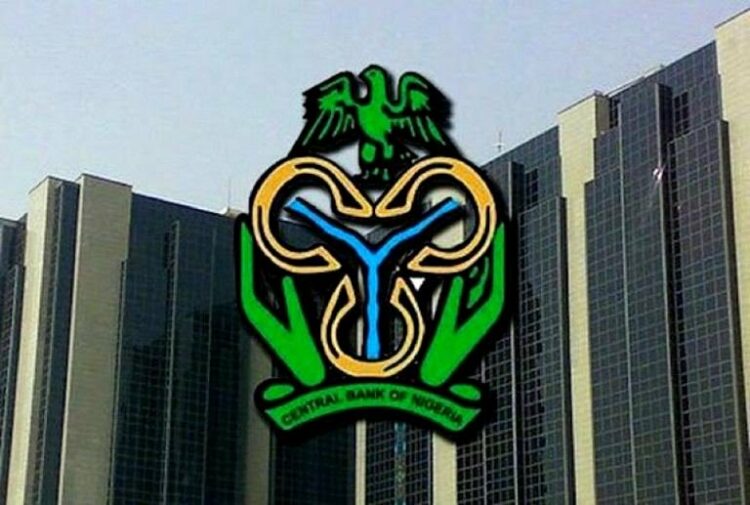The Central Bank of Nigeria (CBN) says foreign exchange (FX) inflows into the country rose to $2.55 billion in two months following the naira unification.
Data from the CBN shows that the total inflows into the Investors and Exporters (I&E) window increased for the second consecutive month in June to $1.41 billion from $1.14 billion in May.
The bank noted that the June inflows came from companies and exporters.
In June, the CBN announced the unification of all segments of the forex market collapsing all windows into one in a bid to improve liquidity and stability.
The exchange rate unification has seen mixed reactions from different segments of the country.
Prior to 2017 when restrictions were introduced, Nigeria’s currency market used to trade hundreds of millions of dollars a day but the country has faced severe dollar shortages after foreign investors exited local assets in the wake of previously low oil prices.
Ever since, investors are yet to return and the central bank has not yet settled outstanding demand for dollars from foreign investors seeking to repatriate funds, and airlines seeking to send money from ticket sales abroad.
As a result of the shortages, some businesses and individuals have turned to the unofficial black market, where the currency is trading weaker, thereby widening the gap with the official rate.
The naira was quoted at a record low of 920 per dollar on the black market on Thursday compared with 771 naira on the official market.









